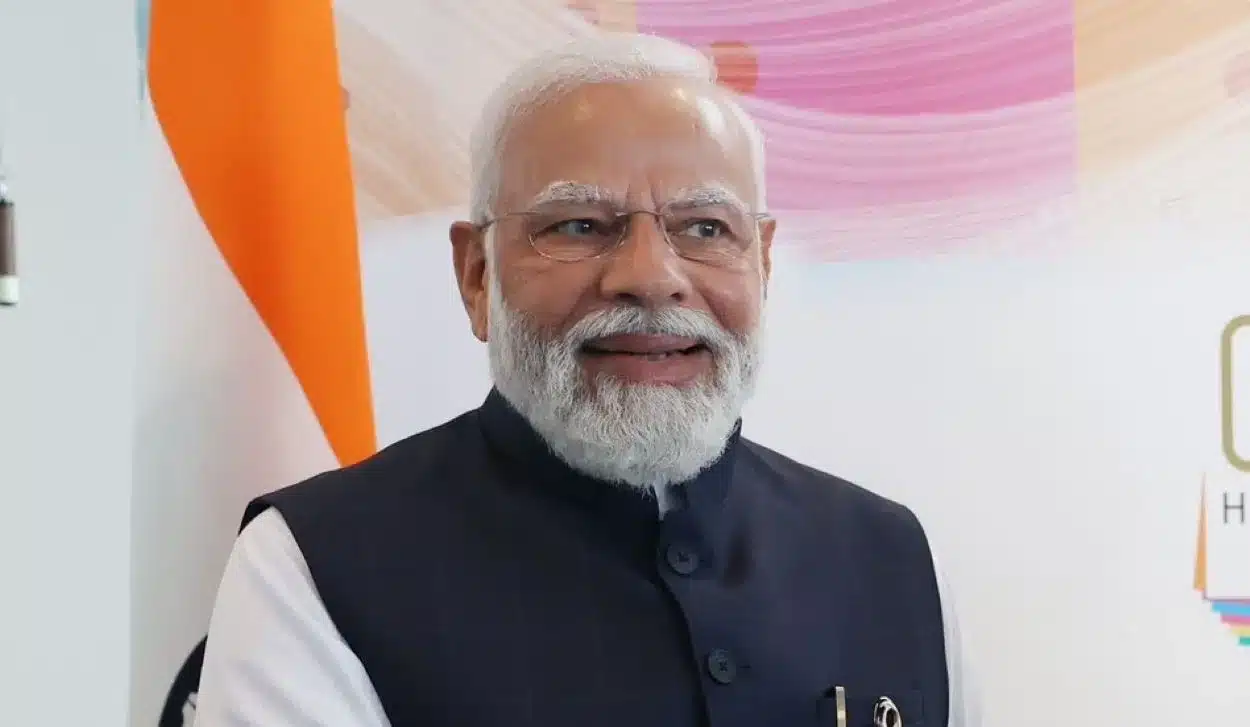Indian Prime Minister Narendra Modi has shifted responsibility for ameliorating ties onto Pakistan over bilateral relations between Islamabad and New Delhi,
During an interview with a Japanese media outlet where the Indian leader discussed the strained relationships with its neighboring countries and significant regional stakeholders, Modi emphasized India’s desire for “normal and neighborly relations.”
However, he added, “The obligation is on Pakistan to establish a hospitable environment devoid of terrorism and conflict.”
It should be remembered that Foreign Minister Bilawal Bhutto-Zardari has clarified that Pakistan is open to addressing any concerns New Delhi may have but expects a reciprocal gesture.
During his inaugural visit to India as the Foreign Minister last month, Bilawal asserted that Pakistan’s stance on bilateral ties or substantive engagement with India remains unchanged as long as the latter reassesses the unilateral actions initiated on August 5, 2019.
Apart from holding a strict position on the status of Kashmir, India is also set to host the G20 tourism meeting in the Indian Illegally Occupied Jammu and Kashmir (IIOJK) from May 22 to May 24.
Pakistan has consistently criticized its longtime adversary since the 1947 partition for this action. It has cautioned G20 members that their participation in the summit may be interpreted as an attempt to justify human rights violations in Kashmir and validate India’s illegal occupation of the region.
It should be noted that Pakistan and its key regional ally China—which shares tense relations with India—have objected to the G20 summit in Srinagar, stating that it will not participate.
The relationship between the neighboring nations has been strained, particularly following a 2020 conflict that killed 20 Indian and four Chinese soldiers, marking the first deadly altercation between the nuclear-armed neighbors in decades.
Discussing India’s tense relations with Beijing, Modi stated: “India is fully ready and devoted to preserving its sovereignty and dignity.”
In light of the ongoing Himalayan border dispute between the two nations, the Indian leader highlighted New Delhi’s respect for sovereignty, adherence to the law, and peaceful conflict resolution.
He said, “For normal bilateral relations with China, peace and tranquillity in the border areas are crucial. The future evolution of the India-China relationship must be founded on mutual respect, sensitivity, and interests.”
Modi, the leader of the right-wing Hindu nationalist Bharatiya Janata Party (BJP) and a widely respected figure in his country, is aiming for a third term in office. He noted in his international diplomacy efforts that normalizing relations would benefit the region and the world.






